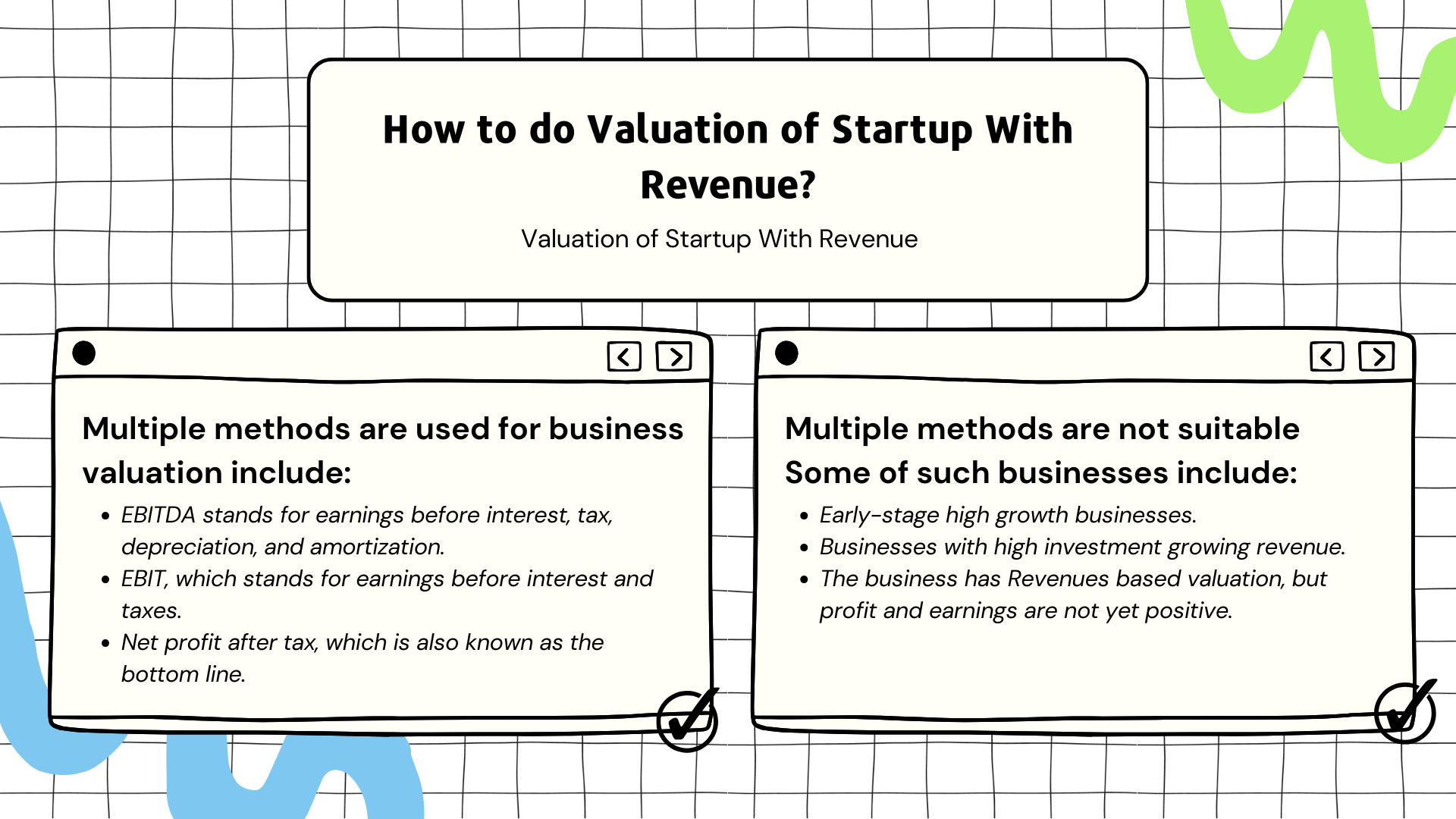When it comes to small business valuation, the target is to find the lowest rate an individual would offer, the highest rate an individual is likely to pay for a business, and then deduce the value the individual will be willing to pay to acquire the business. Although, revenue can be an important factor in different aspects of business valuation such as valuation for lead generation businesses, startups, and e-commerce business valuation. We can, however, evaluate a startup without revenue or pre-revenue by considering certain factors which can directly affect the valuation process.
1. The management or establishing team
It’s important to consider the founding or management team when investing in a pre-revenue startup. This will help to know the capability of the team and how well they can lead a company to accomplishment. However when doing so, here are some aspects to look out for:
●Commitment: the perfect team should consist of individuals who are committed anddedicated, have time to work, and ensure that a company is functioning excellently. Theteam should have full-time employees and not part-timers who aren’t ready to putenough effort into the company’s operation—they are, however, not desirable toinvestors for this same reason.
●Skills and diversity:skills and diversity are other aspects to consider in a foundingteam. A team having individuals with different kinds of skills that complement each otheris the ideal team. For instance, a team of valuators will work better if they have aparticular skill that they can put together to achieve success. If A has marketing skills,and B has the right auditing and analytical skills, with these skills put together and withthe application of themethod of business valuation, they can get a startup to be highlyvalued.
●Experience and expertise: Experiences with other ventures should be considered too. If the team has made successes with other ventures then it is certain that the startup will be valued higher. Investors are more attracted to a company with expert and well-experienced team members rather than beginners.
2. Industry and market demand
In an industry setting where there is a higher number of business owners and a lesser number of investors, there is a high probability that inventors would want to sell out a considerable amount of the company at a very low price. This is because the number of business owners overbalances the number of investors and hinders business owners from getting investors, hence the desperation to sell at a lower price. This situation, however, will significantly have an effect on your startup if your company operates within this industry. On the other hand, if your company operates within an industry where there is a higher number of investors and your company has a unique idea and could provide the market demands, this demand drive can cause an increase in the value of your startup.
3. MVP or Model
No matter what pre-money procedure or formula you choose to use, getting a model ready for your investors is the main deal. It helps in product improvement and bringing into existence, ideas and visions. With a Minimum Viable Product (MVP), you have the chance of attracting up to a 5 million dollar investment. However, with a working prototype and the application of the valuation-by-stage method in the derivation of the company’s value, your company can attract investment between2 to 5 million dollars. Suppose you’re looking for advice on revenue-based valuation or any valuation of business methods, or need help on a business valuation checklist. In that case, www.valueteam.com.sg can help you out with the process.


